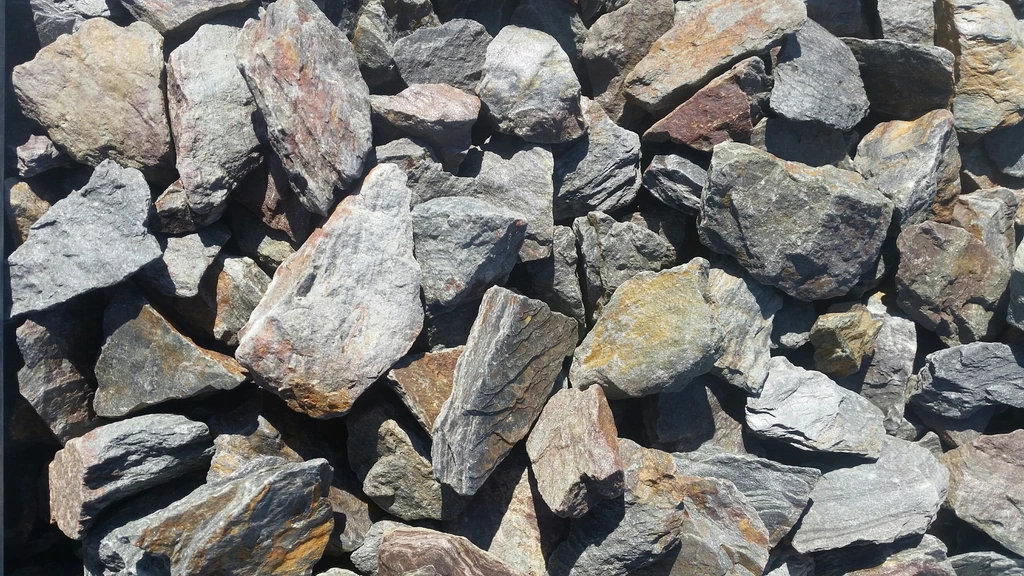

Upon the successful completion of the course, participants will:
This training course is suitable to a wide range of professionals but will greatly benefit:
The course will not only presented by showing and interpreting the material in detail, but also the participants will work together using a real data to apply all the workflow and to project their previous knowledge and experience onto the course, they also encouraged to bring their own data so that real working examples can be reviewed and interpreted.
Module 1: Review of Log Interpretation techniques in Clean Formations
Key Topics:
Module 2: Core analysis and applications in Shaly Sand Reservoirs
Key Topics:
Module 2: Electrical Properties for Core Data
Key Topics:
Module 3: Resistivity measurements
Key Topics:
Module 4: Petrographic analysis (thin section, X-ray diffraction SEM/EDS) for shaly sand evaluation
Key Topics:
Module 4: Use of advanced logs (NMR, BHI, Dip meters) integration with core data for purposes of evaluation
Key Topics:
Module 5: Exercises
RECTUS attendance certificate will be issued to all attendees completing minimum of 80% of the total course duration
| Code | Date | Venue | Fees | Register |
|---|---|---|---|---|
| PH103-01 | 23-03-2026 | Indonesia | USD 5950 | |
| PH103-02 | 21-06-2026 | Casablanca | USD 6950 | |
| PH103-03 | 20-09-2026 | Dubai | USD 5450 | |
| PH103-04 | 21-12-2026 | Istanbul | USD 5950 |
Providing services with a high quality that are satisfying the requirements
Appling the specifications and legalizations to ensure the quality of service.
Best utilization of resources for continually improving the business activities.
BTS keen to selects highly technical instructors based on professional field experience
Since BTS was established, it considered a training partner for world class oil & gas institution
1st floor, Incubator Building- Masdar City - Abu Dhabi - United Arab Emirates
Sun to Fri 09:00 AM to 06:00 PM
Contact Us anytime!
Request Info